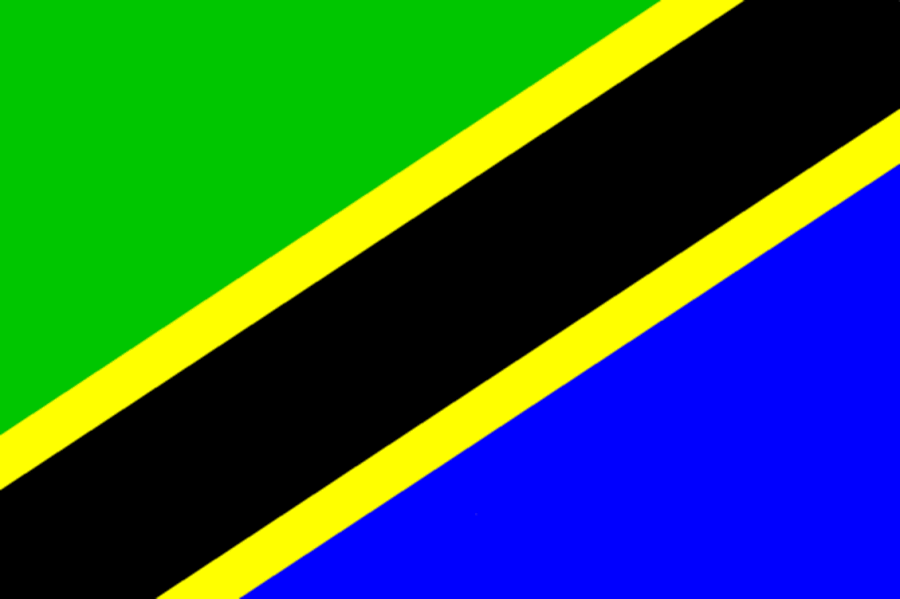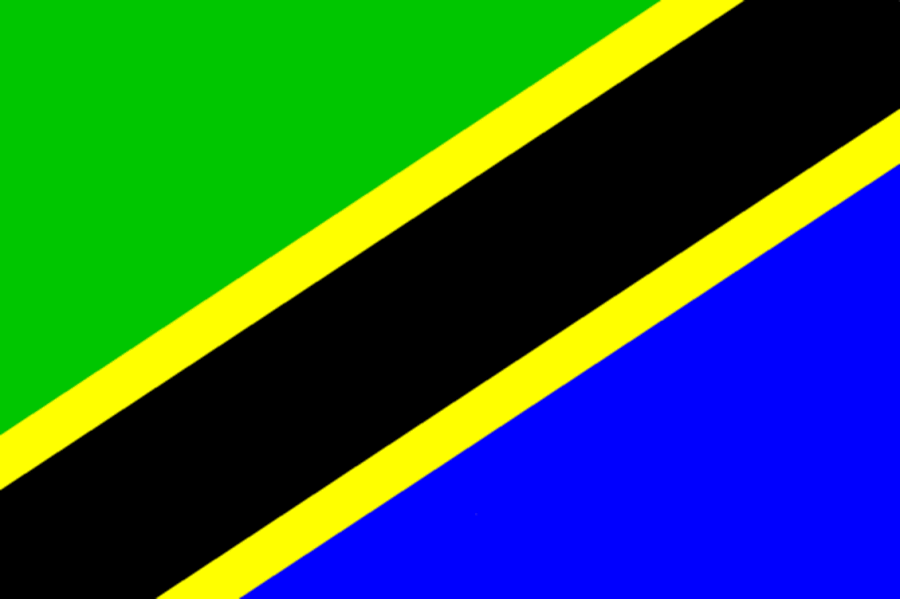
Tanzania has said that it is yet to withdraw from the African Court of Human and People’s Rights.
The court, African Union’s apex human rights mechanism, has jurisdiction to hear cases alleging violations of the African Charter on Human and Peoples’ Rights.
Tanzania’s Foreign and EAC Minister Ms Liberata Mulamula said that the country did not withdraw but only wanted its citizens who were aggrieved to first exhaust the local court processes before proceeding to the African Court.
“We have not withdrawn from that court. But what we are saying is that let us start with our courts. If it doesn’t work, then we can proceed to the African Court,” said Ms Mulamula.
The then Tanzania’s Minister for Foreign Affairs and East African Cooperation Prof Palamagamba Kabudi signed the notice of withdrawal on November 14, 2019 and deposited it with the African Union Commission chairperson on November 21.
A year later, the withdrawal, which took effect on November 22, 2020, barred individuals and non-governmental organisations (NGOs) from filing cases against Tanzania at the Arusha-based court.
But Ms Mulamula, who was recently appointed by President Samia Suluhu Hasan to replace Prof Kabudi, has said the reversal is not yet finalised.
“We have not withdrawn from the court, that is why Tanzania is still the headquarters of the court,” she said.
“We cannot withdraw and then at the same time still host the court’s headquarters.”
It is not clear whether Tanzania has written to the AU to reverse its 2019 decision that was fueled by president John Magufuli’s regime.
Ironically, the government of Tanzania has the highest number of cases filed by individuals and NGOs as well as judgments issued against it by the African Court.
According to records, out of the 70 decisions issued by the court by September 2019, 28 judgments, or 40 per cent, were on Tanzania.
The other African countries that have withdrawn their citizens’ rights and NGOs to file cases to the court include Rwanda, Benin and Côte d’Ivoire.

